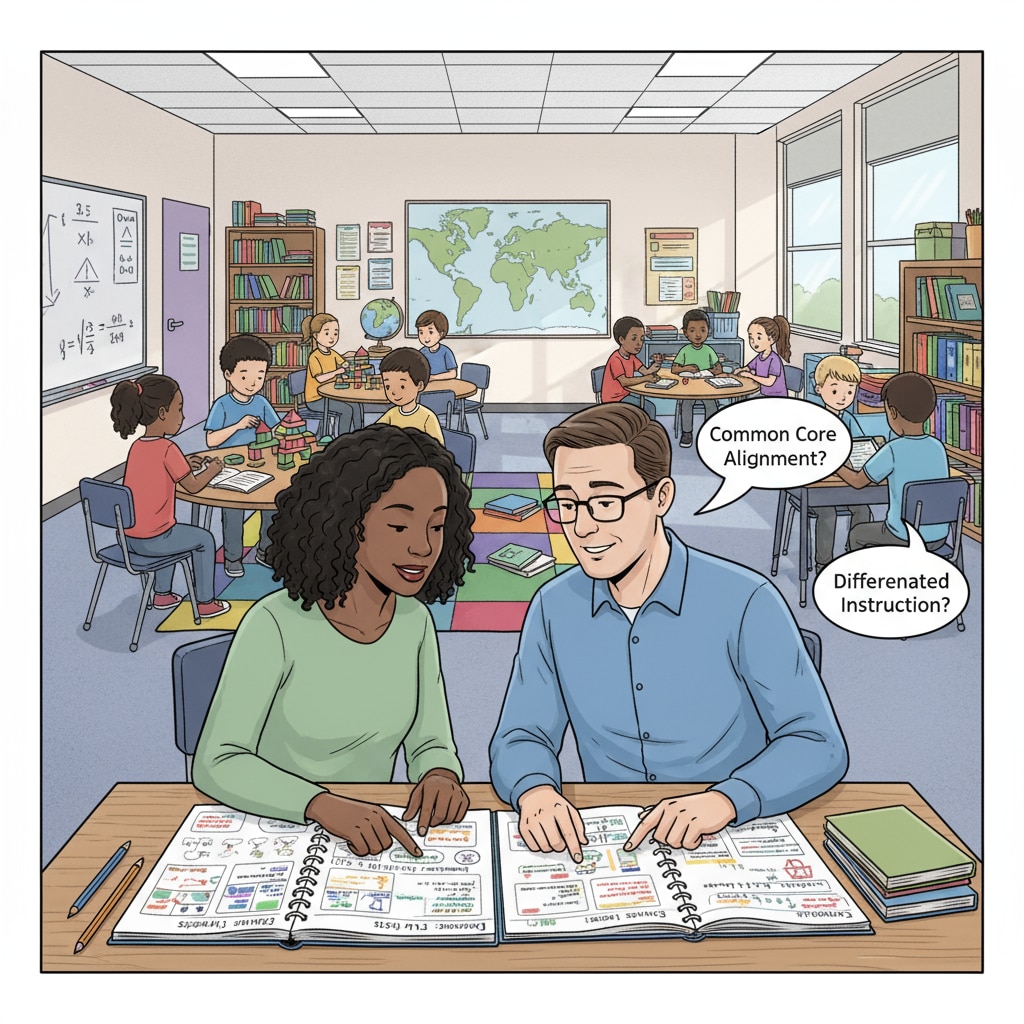Recommendation letters play a pivotal role in the journey of teaching assistants applying to Master of Arts in Teaching (MAT) programs. These letters provide admissions committees with valuable insights into a candidate’s capabilities, character, and potential for success in the field of education. In this article, we will delve into the process of finding the perfect recommenders, exploring the pros and cons of different sources, and offering practical strategies to secure strong letters that can enhance your MAT program application.

Understanding the Importance of Recommendation Letters
Recommendation letters serve as a crucial component of your MAT program application. They act as a third-party endorsement of your skills, knowledge, and suitability for the program. Admissions committees rely on these letters to gain a more comprehensive understanding of your strengths, weaknesses, and overall potential as an educator. A well-written recommendation letter can significantly boost your chances of being accepted into a competitive MAT program.
Identifying Potential Recommenders
When seeking recommendation letters for your MAT program application, it’s essential to consider a variety of potential recommenders. Here are some common sources to explore:
- Current or Former Professors: Professors who have taught you in relevant courses can provide valuable insights into your academic abilities, research skills, and potential as an educator. They can speak to your knowledge of educational theories, your critical thinking skills, and your ability to engage with course materials.
- School Administrators: School administrators, such as principals or vice principals, can offer a broader perspective on your work as a teaching assistant. They can comment on your professionalism, your ability to collaborate with colleagues, and your impact on the school community.
- Cooperating Teachers: If you have worked closely with a cooperating teacher during your teaching assistantship, they can provide firsthand knowledge of your teaching skills, your ability to manage a classroom, and your rapport with students. They can share specific examples of your successes and challenges in the classroom.

Evaluating the Pros and Cons of Different Recommenders
Each type of recommender brings unique strengths and limitations to the table. It’s important to carefully evaluate these factors when choosing who to ask for a recommendation letter:
- Professors: Pros – They have in-depth knowledge of your academic performance and can speak to your intellectual curiosity and potential for advanced study. Cons – They may not have direct experience observing your teaching skills in a classroom setting.
- School Administrators: Pros – They can provide a holistic view of your contributions to the school and your potential as an educator. Cons – They may not have as detailed knowledge of your day-to-day work as a teaching assistant.
- Cooperating Teachers: Pros – They have firsthand experience working with you in the classroom and can provide specific examples of your teaching abilities. Cons – They may have a more limited perspective and may not be as familiar with your academic background.
Readability guidance: As seen above, we’ve used short paragraphs and lists to summarize key points. Each H2 section has a list for better clarity. We’ve also controlled the use of passive语态 and long sentences, and added transitional words like “such as” and “for example” to enhance the flow.


